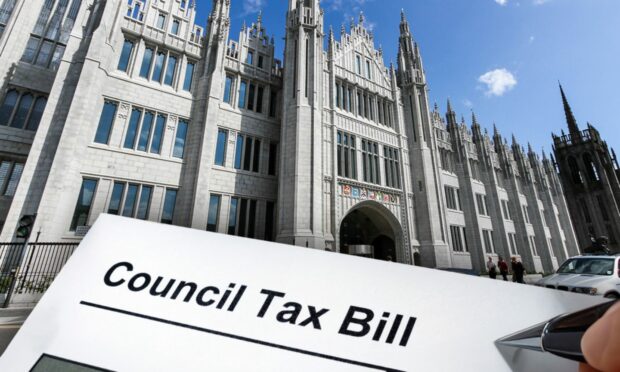
Hard-pressed Scots households face being hit with more than £208 million in council tax “super hikes” following the Scottish Government’s decision to scrap a rates freeze.
New analysis of revenue plans for the coming years, seen exclusively by The Sunday Post, indicates local authorities across the country are preparing to send bills skyrocketing next year, with some considering rises as high as 17%.
The staggering projections, totalling £208.9 million and listed in full below, can be revealed today as one of Scotland’s leading financial institutes warns areas with large numbers of older households with greater care needs could be hardest hit.
Meanwhile, union leaders last night accused government ministers of wrecking public services and destroying voters’ trust by repeatedly freezing council tax before opening the floodgates with no cap on how high rates could surge.
The Sunday Post reached out to every single local authority in Scotland but not one was able to rule out a rates rise in April, with several saying a final decision will be made in February.
The issue is further complicated by councils waiting to find out the level of funding they will receive in relation to employers’ national insurance increases announced in the UK Government’s budget.
What are councils going to charge?
Perth and Kinross Council has already agreed council tax will rise by a total of 25% over the next three years, with the first 10% increase planned for April next year.
Several other local authorities are also either planning or consulting on 10% increases, including Angus, East Lothian and West Dunbartonshire.
Budget strategy papers in Aberdeenshire estimate a 17% increase to council tax would be required to balance the books, with a projected cumulative increase of 67% over the next four years.
However, bosses asked local residents to take part in a survey last month on budget ideas that included measures such as cutting school staff, ending flood protection activity and a 20% council tax hike.
The latest budgets analysis was prepared by Alba based on revenue plans released for all Scottish council areas.
The party’s Holyrood leader Ash Regan said the SNP government had “stepped in the right direction” with its own budget but feared lifting the freeze could see Scots hit with huge bills.
She said: “Rest assured, I am fully committed to working with the Scottish Government to address the downstream financial challenges posed by the UK’s failed fiscal framework for Scotland.
“Our shared goal in the short term must be to safeguard household budgets in the final budget position that Parliament will vote on early next year.”
Regan said she had constructive talks with the SNP ahead of the draft Scottish budget which led to the government’s commitment to mitigating UK Labour’s cut to universal winter fuel payments.
She added that further steps to fulfil the SNP’s 2021 pledge of free universal school meals for primary children would be a “significant advance” in securing her support during a formal vote on the budget in February.
Who will be worst hit by ‘super hikes’?
The Scottish Government’s draft budget, which set out £63 billion in spending plans, included a total of £15 billion in funding for councils.
But Dr João Sousa, deputy director of the Fraser of Allander Institute, warned having no cap on council tax rises will “shift a lot of responsibility – and a lot of the risk” onto local government.
One major issue campaigners point to is that the property valuations council tax bands are based on have not recalculated since 1991, meaning some homes may be being charged significantly incorrect amounts.
Speaking exclusively to The Sunday Post, Sousa said the risk is that areas with older populations who have a higher need for social care and relatively low property prices based on 1991 valuations will be the hardest hit by lifting rates.
Asked if Scotland’s council tax system needs to be overhauled, he said: “I think the system at least needs to be revalued and that is something the Institute has been calling for across many years and we will continue to do so.
“It really makes no sense to base it on such old values and it certainly doesn’t make any sense to value what could be very different homes based on the amenities they might have had access to more than 30 years ago.
“If you’re going to use the system to raise more revenue and have a fair and equitable tax system, it really has to be on a better basis.
“It’s coming to the point where the further we get away from 1991, the less the system makes sense.”
SNP promises on council tax not fulfilled
The SNP promised to scrap council tax before it came into government in 2007 and replace it with a local income tax. The proposals were dropped by 2011.
During this time, a council tax freeze was put in place and lasted nine years before it came to an end in 2017.
The SNP’s election manifesto in 2021 said it was committed to reform, and a citizens’ assembly and joint working group would be formed to make it happen.
However in 2023, Tom Arthur, who was public finance minister at the time, admitted no proposals would be brought forward until at least 2026.
The last council tax freeze was one of the first policy announcements of Humza Yousaf’s tenure as first minister before being lifted by finance secretary Shona Robison – who previously served as his deputy.
Cosla, the organisation that represents councils, warned ahead of the decision that council tax increases will be needed to protect vital services.
However, Robison claimed increases would be kept to a minimum because of a proposed £1 billion uplift in funding.
She said: “The settlement that we are giving to local governments, I think, will mean that they don’t have to put large increases to council tax.”
Robison added: “I don’t think there’s any administration of any political colour that will want to look at citizens in the eye, given this settlement, and increase the council tax beyond what is required.
“And I’m sure there’ll be a sensible outcome in those discussions.”
Union warns of broken trust
GMB Scotland, one of the biggest unions in the public sector, said ministers’ decision to repeatedly freeze council tax had damaged services and voters’ trust.
Keir Greenaway, senior organiser in public services, said the property tax demands reform but remains crucial to protect council services savaged by years of austerity.
He said: “The Scottish Government repeatedly freezing council tax helped persuade Scots that it was somehow unnecessary for councils to increase it.
“It may have helped fill ministers’ election leaflets but the effect on our communities has been damaging and relentless.
“Every day people using public services see and suffer the damage done when local authorities cannot protect those services and the staff delivering them.”
GMB has called for wholescale reform of the local taxation system but said, until then, councils should be showing more urgency to identify other revenue streams such as a tourist tax.
Greenaway said: “Devolution must not end at Holyrood and councillors must be the power to pull financial levers and take responsibility for those decisions.
“The council tax system needs reform in its entirety but until we have politicians brave enough to take that on, it must be used as it was intended, to protect public services.
“Properly financed services will mean communities being properly served and staff being properly paid.”
The rises and monetary value of each council are:
- Aberdeen City Council – 7% – £10 million
- Aberdeenshire Council – 17% – £28.932 million
- Angus Council – 10% – £5.683 million
- Argyll and Bute Council- 5% – £3.17 million
- City of Edinburgh Council – 5% – £29.9 million
- Clackmannanshire Council – 8% – £2.04 million
- Comhairle nan Eilean Siar – above inflation – more than £1 million
- Dumfries and Galloway Council -5% – £3.8 million
- Dundee City Council – 3% – £2.1 million
- East Ayrshire Council – 8% – £3.2 – million
- East Dunbartonshire Council – 5% – £3.8 million
- East Lothian Council – 10% – £9.1 million
- East Renfrewshire Council – 5% – £3.38 million
- Falkirk Council – 7% – £5.6 million
- Fife Council – 3% – £5.7 million
- Glasgow City Council – 4% – £12.5 million
- Inverclyde Council – 7% – £4.2 million
- Midlothian Council – 5% – £3.35 million
- North Ayrshire Council – 5% – £3.25 million
- North Lanarkshire Council – 5% – £8.85 million
- Orkney Islands Council – 10% – £1.343 million
- Perth and Kinross Council – 10% – £8.6 million
- Renfrewshire Council -5% – £4.78 million
- Scottish Borders Council – 10% – £7 million
- Shetland Islands Council – 10% -£1.08 million
- South Ayrshire Council – 7% – £4.8 million
- South Lanarkshire Council – 5% – £7.8 million
- Stirling Council – 4.9% – £2.923 million
- The Highland Council -5% – £8 million
- The Moray Council – 5% – £3.107 million
- West Dunbartonshire Council – 10% – £4.05 million
- West Lothian Council – 4.5% – £5.8 million
- Total cumulative increase £208.781 million

Enjoy the convenience of having The Sunday Post delivered as a digital ePaper straight to your smartphone, tablet or computer.
Subscribe for only £5.49 a month and enjoy all the benefits of the printed paper as a digital replica.
Subscribe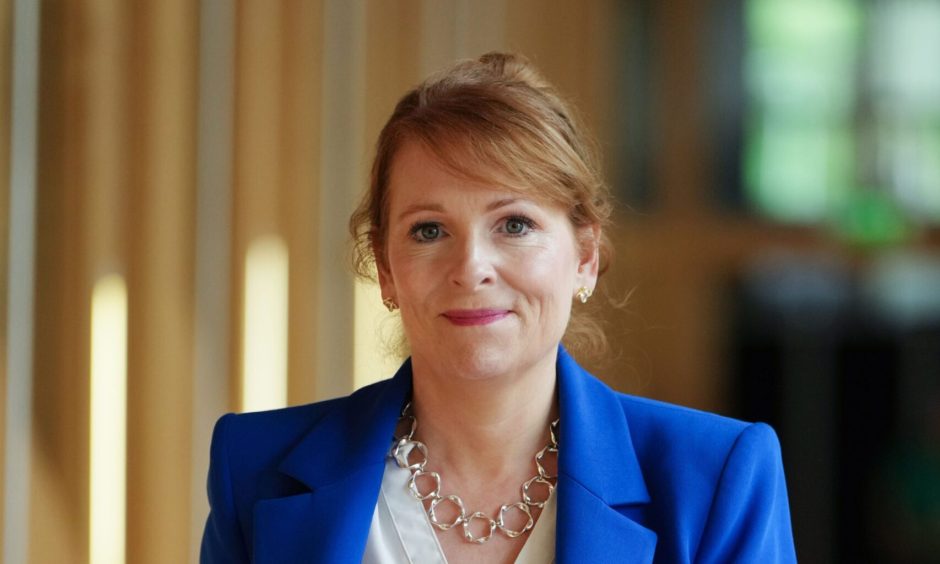 © Stuart Wallace/Shutterstock
© Stuart Wallace/Shutterstock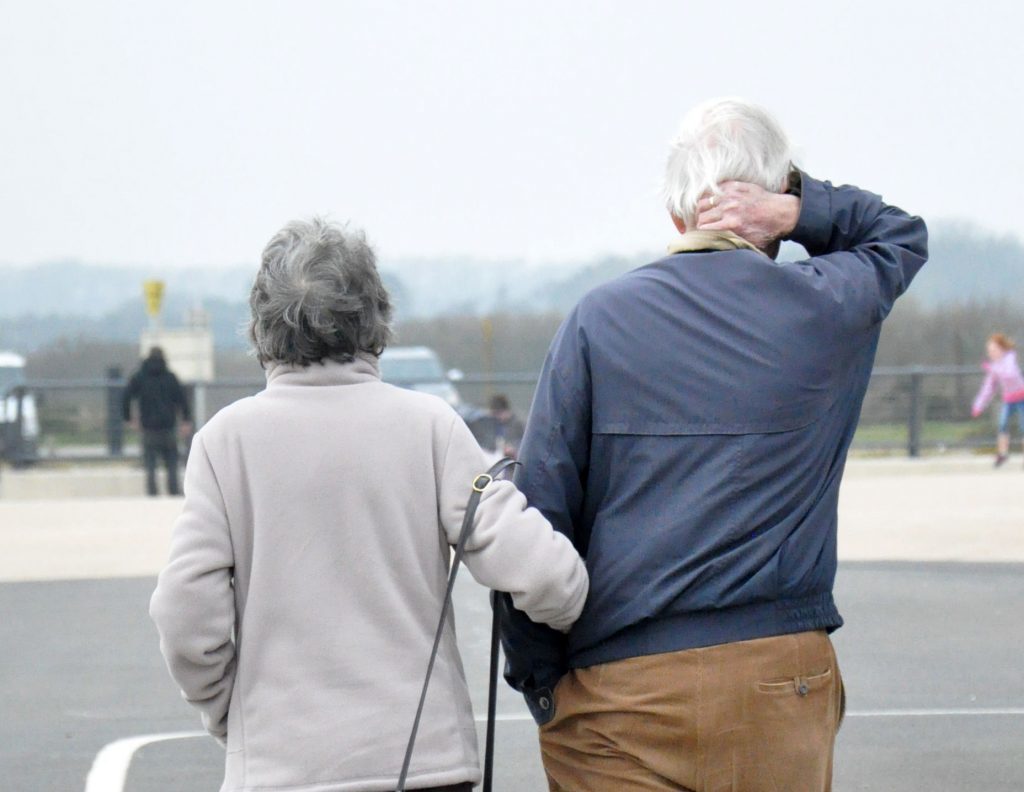
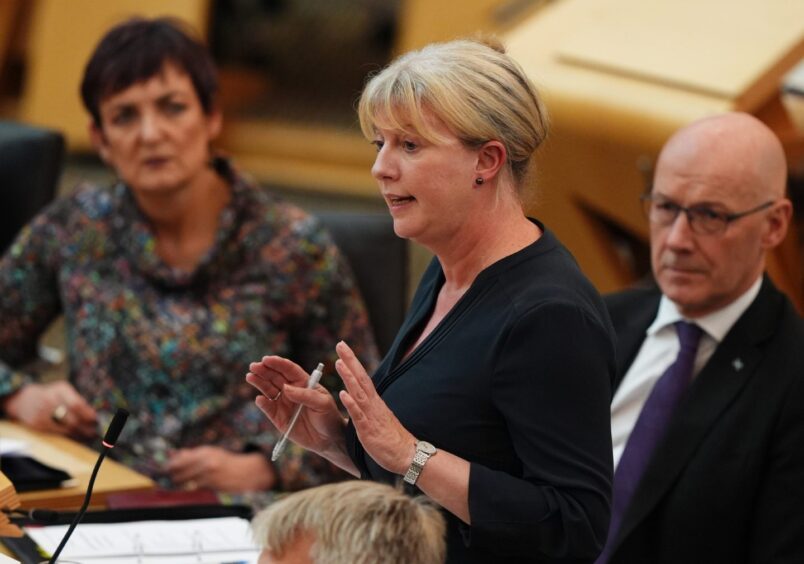 © Andrew Milligan/PA Wire
© Andrew Milligan/PA Wire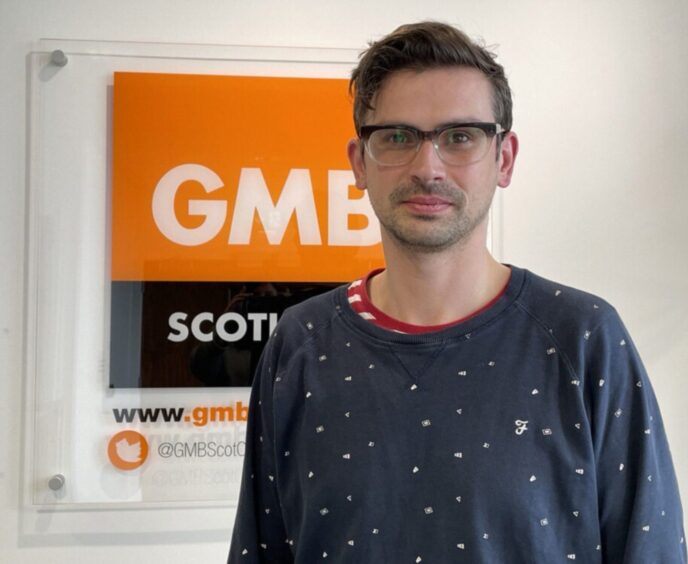 © Supplied by GMB
© Supplied by GMB